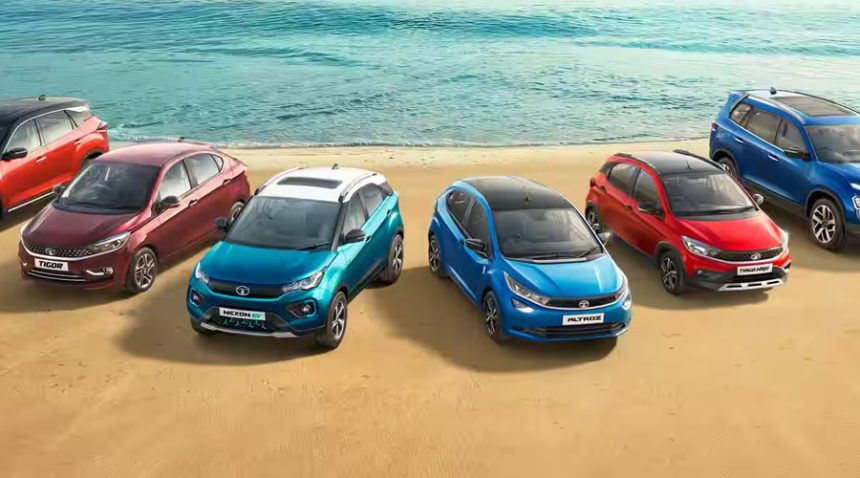The company’s domestic sales decreased to 78,159 units in January 2025, down from 84,388 units in January 2024
In January 2025, Tata Motors reported a 7% decline in total sales, with a significant 25% drop in electric vehicle (EV) sales compared to the same month in the previous year. This downturn has raised concerns about the company’s position in the EV market and the broader implications for the electric mobility sector.
Tata Motors’ Sales Performance
The company’s domestic sales decreased to 78,159 units in January 2025, down from 84,388 units in January 2024. Passenger vehicle sales fell by 11%, totaling 48,316 units compared to 54,033 units in the previous year. Notably, EV sales experienced a 25% decline, with 5,240 units sold versus 6,979 units in January 2024.
Factors Contributing to the Decline
Several elements have influenced Tata Motors’ recent sales performance:
- Increased Competition: The Indian EV market has become more competitive, with new entrants offering diverse models that attract consumers. This heightened competition has impacted Tata Motors’ market share.
- Policy Uncertainty: Changes in state-level EV policies, such as those in Delhi, have disrupted fleet sales, which constitute a significant portion of Tata’s EV sales. These policy shifts have created uncertainty, affecting sales momentum.
- Supply Chain Challenges: Global supply chain disruptions, including semiconductor shortages, have affected production capacities, leading to delays and reduced availability of vehicles.
Global EV Market Context
Despite Tata Motors’ recent challenges, the global EV market continues to exhibit robust growth. In 2024, global EV sales reached approximately 10 million units, marking a 25% increase from the previous year. Projections for 2025 suggest that sales could surpass 20 million units, driven by extended subsidies in China and new CO2 emission targets in Europe.
Is This the End of the EV Boom?
While Tata Motors’ recent sales decline is notable, it does not necessarily indicate a broader downturn in the EV industry. The global transition to electric mobility remains strong, supported by technological advancements, government incentives, and increasing consumer awareness of environmental issues.
However, Tata Motors must address its specific challenges to remain competitive. Strategies may include diversifying the EV portfolio, enhancing supply chain resilience, and engaging with policymakers to navigate regulatory changes effectively.
Tata Motors’ recent sales decline highlights the challenges automakers face in a rapidly evolving market. While the global EV boom continues, individual companies must adapt to shifting dynamics to capitalize on growth opportunities. For Tata Motors, this means reassessing strategies to maintain and potentially expand its presence in the burgeoning EV sector.






